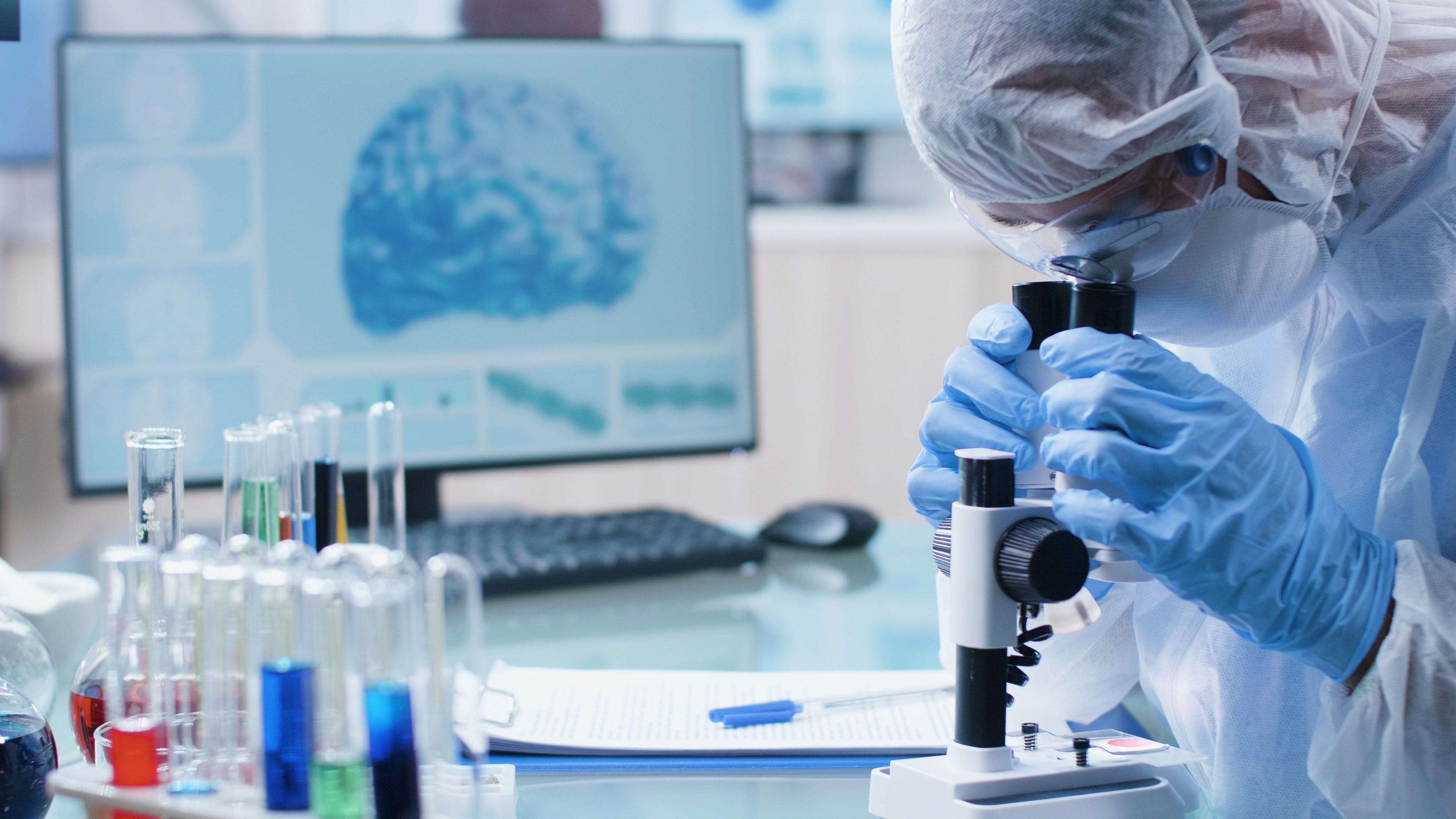
Blog
Home Blog

synerxia Blogs

Understanding Palmitoylethanolamide (PEA): A Natural Ally Against Neuropathic Pain
Introduction
In the realm of pain management, one compound has been gaining attention for its potential benefits - Palmitoylethanolamide (PEA). This endogenous fatty acid amide is a lipid modulator found naturally in foods such as egg yolks and peanuts, and also in the human body.
What is PEA?
PEA is a natural fatty acid amide of ethanolamine and palmitic acid. It has been studied in vitro and in vivo systems using exogenously added or dosed compounds. There is evidence that it binds to a nuclear receptor, through which it exerts a variety of biological effects, some related to chronic inflammation and pain.
PEA's Mechanism of Action
PEA exerts its effects through a broad range of physiological pathways. It binds to a nuclear receptor, exerting a variety of biological effects related to chronic inflammation and pain. A main target of PEA is the peroxisome proliferator-activated receptor alpha (PPAR-α).
PEA also has an affinity to cannabinoid-like G-coupled receptors GPR55 and GPR119. However, it lacks affinity for the cannabinoid receptors CB1 and CB2. The presence of PEA enhances anandamide activity by an "entourage effect".
PEA inhibits the release of both preformed and newly synthesized mast cell mediators, such as histamine and TNF-alpha. It also activates the bliss gene, FAAH, which degrades natural anandamide.
These multiple mechanisms of action differentiate PEA from classic anti-inflammatory drugs, attributing to the compound quite a unique anti (neuro)inflammatory properties.

The role of medical laboratories in infectious disease testing is paramount. These
facilities serve as the frontline in identifying,......

In the realm of healthcare, particularly during times of pandemics and outbreaks, medical laboratories emerge as unsung heroes, playing a pivotal role in
the detection, diagnosis, and monitoring of infectious diseases. While frontline healthcare workers receive much-deserved recognition for their efforts, the
significance of medical laboratories often remains underestimated. However, these facilities are the cornerstone of disease surveillance, providing crucial
insights that guide public health interventions and individual patient care.

In the realm of healthcare, particularly during times of pandemics and outbreaks, medical laboratories emerge as unsung heroes, playing a pivotal role in
the detection, diagnosis, and monitoring of infectious diseases. While frontline healthcare workers receive much-deserved recognition for their efforts, the
significance of medical laboratories often remains underestimated. However, these facilities are the cornerstone of disease surveillance, providing crucial
insights that guide public health interventions and individual patient care.In the realm of healthcare, particularly during times of pandemics and outbreaks, medical laboratories emerge as unsung heroes, playing a pivotal role in
the detection, diagnosis, and monitoring of infectious diseases. While frontline healthcare workers receive much-deserved recognition for their efforts, the
significance of medical laboratories often remains underestimated. However, these facilities are the cornerstone of disease surveillance, providing crucial
insights that guide public health interventions and individual patient care.